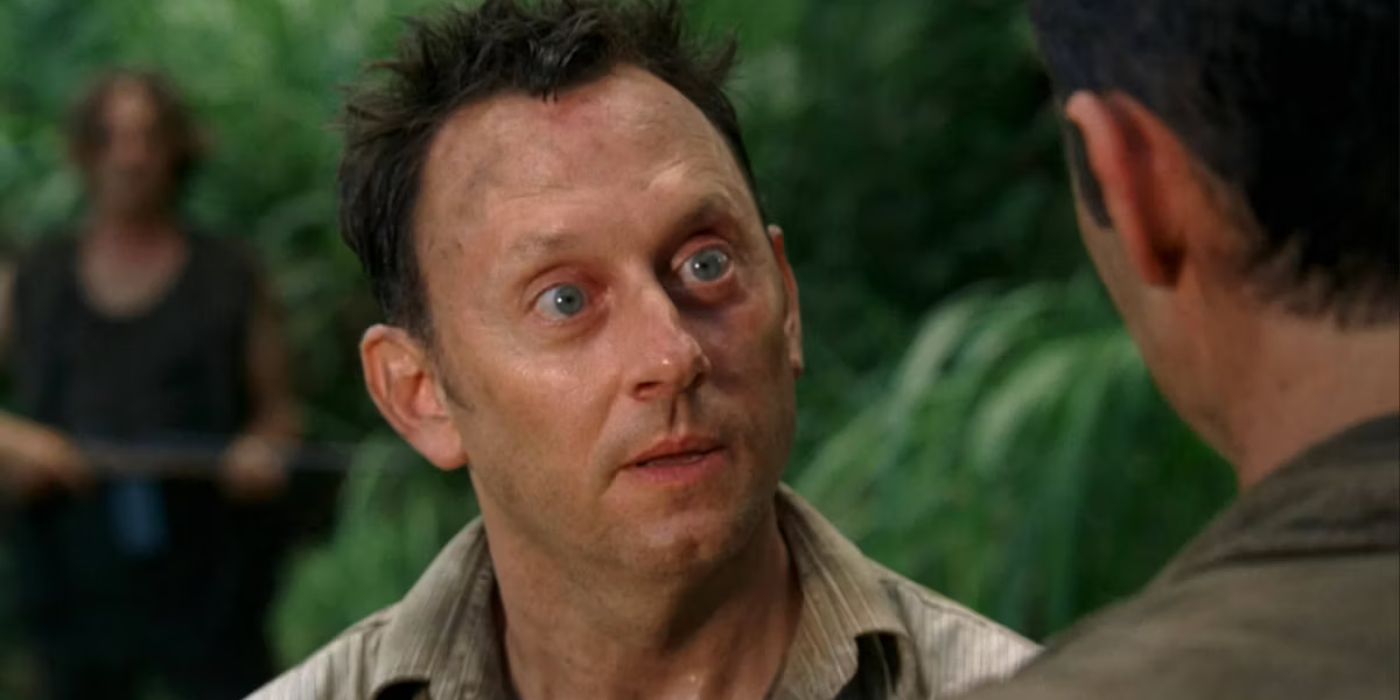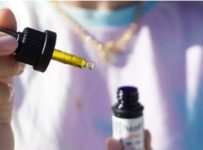Testosterone is a hormone that promotes the development of individual characteristics associated with masculinity, like facial hair, a deep voice, and muscle growth. While it is the principal male sex hormone, testosterone is also available in females at low levels. Testosterone influences several aspects of the body, including bone density, libido, testicle, and penis growth in males.
Testosterone values differ from one person to another due to factors such as age and medical conditions. The normal total testosterone range for males between 19 to 39 years is 264 – 916 nanograms per deciliter (ng/dl). Experts consider values below 300 ng/dl to be Low testosterone. Men with low testosterone can treat their conditions by either visiting a testosterone clinic or using over the counter testosterone boosters. Here is a discussion to determine whether testosterone boosters are a better alternative to testosterone replacement therapy.
1. Testosterone Boosters
A testosterone booster or supplement is any natural or artificially produced substance that helps you raise your testosterone levels. Most of these supplements make appealing claims in their marketing campaigns. Some say that they can increase your libido and help you gain muscles. You will also see some of them advertised as natural alternatives to traditional testosterone therapy. However, the effectiveness of these boosters is still up for debate. The idea behind these boosters is that they give you the vitamins and minerals needed by your body to make testosterone. Some researchers claim that some of these supplements have a positive effect on the body’s testosterone levels. You will find testosterone boosters in various forms, including pills, powders, and capsules. If you visit a vitamin or health-food store, you may also notice another class of testosterone packed in colored bottles with names such as Power, Andro, Monster, and Stack.
2. Potential Risks and Side-effects of Testosterone Boosters
Like many other supplements, testosterone boosters have risks, especially since the Food & Drug Administration does not regulate them. Using testosterone boosters without prescription can lower the natural amounts of testosterone your body makes. Also, not everyone can use these boosters. Some substances like prohormones can cause side effects like acne, gynecomastia, liver and kidney damage.
3. Testosterone Replacement Therapy
Testosterone replacement therapy is an FDA-approved process where your doctor helps you treat symptoms of low testosterone. Research suggests that most patients report improvements in low testosterone symptoms after going through this therapy. You may experience a difference in how you feel after you begin a treatment plan that includes testosterone shots. Doctors understand that each patient has different needs. As such, they can help you find a solution that meets your specific case. Your doctor can recommend testosterone injections containing bioidentical hormones, which are molecularly identical to the testosterone produced by your body. As you progress with the testosterone replacement therapy, you may require a dosage adjustment to balance the hormones. Visiting your testosterone clinic will also give you a chance to tell your doctor how you are feeling and address any underlying health issues you may have.
4. Benefits of Testosterone Replacement therapy
Although it is challenging to predict the outcomes of testosterone replacement therapy, most men report improvement in energy level, sex drive, and quality of erections. Testosterone therapy also increases bone density, muscle mass, and insulin sensitivity. Some men also reported improvements in mood. If you are not sure whether testosterone therapy is right for you, talk to your doctor. They will measure your testosterone levels at least twice before recommending testosterone therapy. However, if you do not have any underlying medical condition or you are aging normally, testosterone therapy may not be the right move for you. You can go for the natural ways to boost your testosterone, like losing weight and regular resistant exercises.
5. Potential Risks of Testosterone Replacement Therapy
Some of the side effects of testosterone replacement therapy include rash, itching, and irritation at the site where doctors apply testosterone. There is also evidence of increased stroke and heart attack. Testosterone replacement therapy is also believed to worsen a few health conditions, including Benign Prostatic Hypertrophy, Prostate Cancer, Sleep Apnea, Blood Clots, and Congestive Heart failure.
6. Testosterone Boosters Vs. Replacement Therapy
Testosterone boosters can help increase your testosterone levels, but the effectiveness depends on the type of booster and your reasons to take them. Testosterone replacement therapy seems to benefit people with low testosterone levels and is not recommended for age-related decline in testosterone. The decision on whether to choose testosterone boosters or replacement therapy is up to you and your doctor.
More research is required to support the use of alternative therapies. As such, always consult your doctor before you start a new medication or supplement.
You can view the original article HERE.



























:quality(85):upscale()/2024/04/17/889/n/1922564/11ffcf3266202f3b5d6957.64811882_.jpg)


